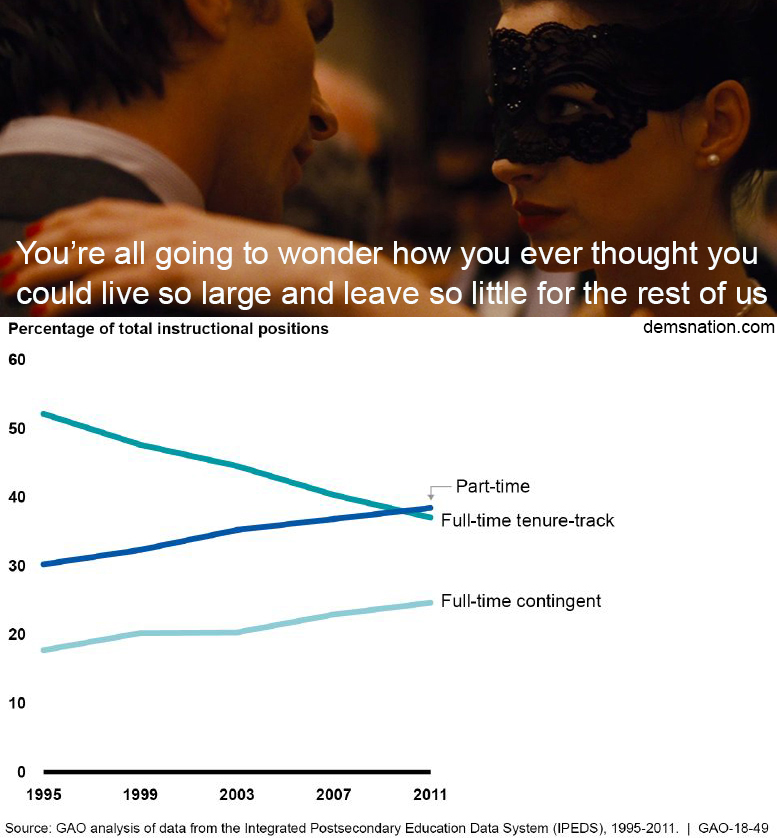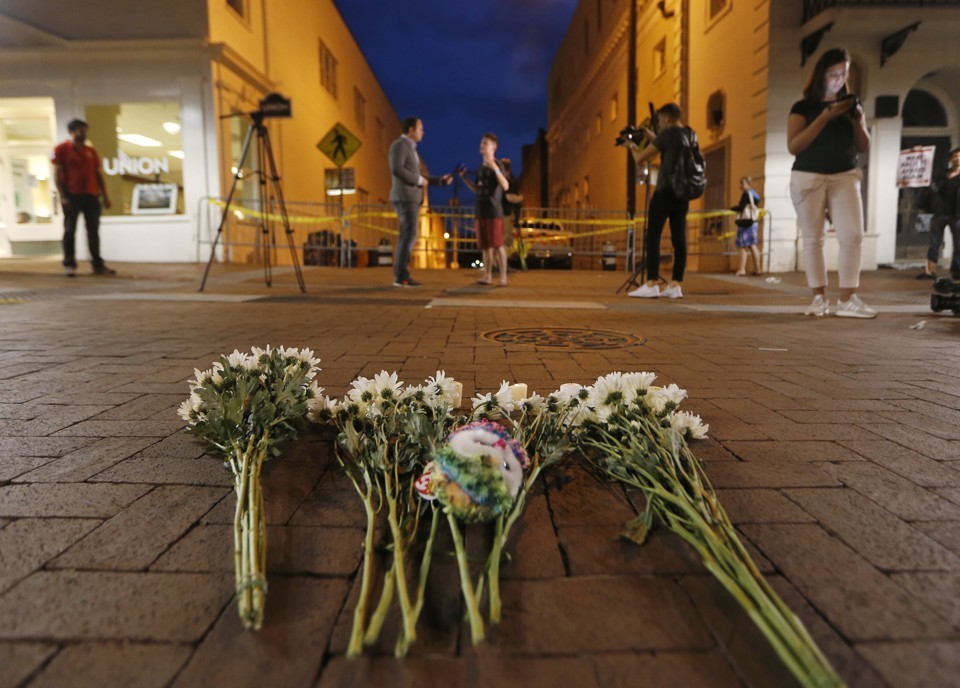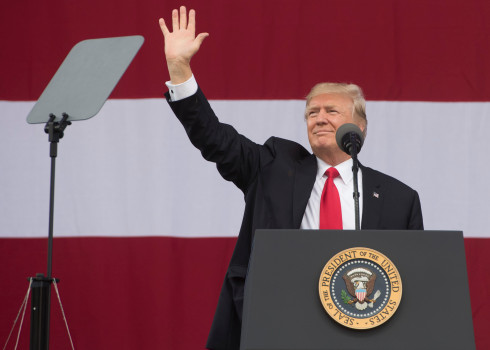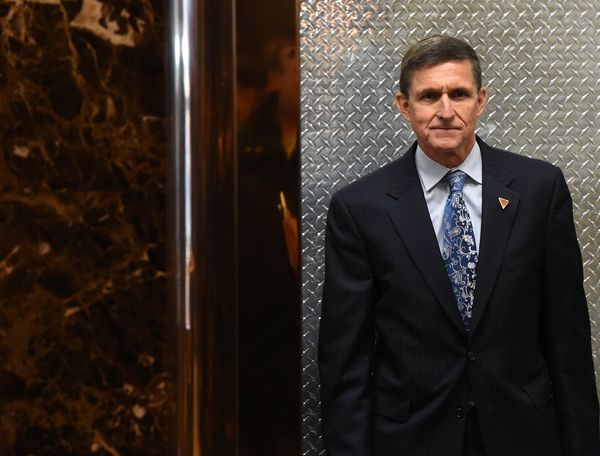Source: ‘Let the blue wave continue’: Democrats notch 4th Florida bellwether win
Harvard University – Provost’s update on Student Union
Dear Members of the Harvard Community:
The National Labor Relations Board (NLRB) has counted the ballots from the student unionization election held on our campus in mid-April. Of the 5,048 eligible voters, 1,931 students (56% of voters) cast ballots to be represented by the United Auto Workers, 1,523 (44% of voters) voted against, and the remaining 1,594 did not cast ballots. The NLRB certified the election results yesterday.
I am grateful to the many individuals in our community on all sides of the unionization issue who engaged constructively and respectfully in the conversations leading up to this election. While members of our community hold a range of views about student unionization, we share a deep commitment to the well-being and success of our students.
In light of the outcome of the vote and the existing NLRB precedent, Harvard is prepared to begin good-faith negotiations, guided by our fundamental commitments as an academic institution. Harvard aspires to the highest ideals in education and scholarship, and the contributions of our students are essential to this endeavor. As I have said before, I believe that the relationship between students and a university is, above all else, an academic one. In this spirit, as we move forward, I want to state three fundamental principles that will guide our approach.
First, we must protect the integrity of our teaching mission. Harvard University, across its diverse schools and programs, is dedicated to providing the best possible education to our students, both graduate and undergraduate. Decisions such as who is admitted, how teaching occurs, and who teaches, are academic judgments to be made by the University. We are not under any obligation to negotiate with the United Auto Workers about academic matters, and will not do so. We will not agree to terms that compromise our educational mission.
Second, we must protect the academic freedom that undergirds our research mission. Harvard researchers deepen our understanding of the human condition and the world around us, promote the flourishing of the arts, introduce lifesaving medical breakthroughs, and improve societies and organizations. Research is a collaborative endeavor of students, faculty, and staff. In order to play their role effectively, faculty must be able to exercise their responsibility to manage and oversee matters relating to research. Within a context of mutual respect, academic freedom is essential to our faculty’s ability to advance knowledge.
Third, the University must serve all of its students, in every school and academic program. Approximately 22,000 students are enrolled at Harvard in any given year. The union will represent one-fifth of them – those who hold teaching and research positions that current NLRB policy deems to be covered by the National Labor Relations Act. Since the election, I have received messages from students who voted against the union and are concerned that majority-rule union decision-making will not take account of their needs and particular circumstances. Current union organizers have provided reassurances that they will represent all members of their bargaining unit fairly. They will face the challenge of accommodating the unprecedented diversity of positions, responsibilities, pay structures, and programs encompassed by the bargaining unit. Furthermore, an agreement reached with the union may have consequences for other students who interact with union members in classrooms, laboratories, and other settings. Harvard will uphold its responsibility to every student, both those who are represented by the union and those who are not.
Students are at the heart of Harvard’s learning, teaching, and scholarship. All should benefit from the academic opportunities that make Harvard the extraordinary institution it is. The University will seek in every instance to preserve those opportunities and to strive for a student experience that is unsurpassed today and in the years to come.
Best,
Alan M. Garber AB ’77, PhD ’82
Provost
Harvard University
Trade War or a War of Words? – Harvard Business School
Growing adjunct class, fading tenure-track

Alternative facts? Dueling polls in Calgary mayoral race
An upcoming election for mayor in the city of Calgary has become an unexpectedly exciting race. Incumbent Naheed Nenshi emerged in 2010 as an influential progressive mind, visible minority, and champion of LGBT rights in the typically right-leaning western city. He was named World Mayor for his efforts that have “developed and realized a vision for urban living that is relevant to towns and cities across the world.
In a city dependent on oil, however, re-election is not assured amid significant economic headwinds. In this environment, a strong challenger in former Progressive Conservative party leader Bill Smith, who has coalesced opposition against Nenshi. Well funded, Smith has made some missteps regarding controversial local topics. For instance, when pressed, he would not reveal his strategy in negotiating a new arena deal, “I’m not going to say until I figure out what’s in the best interest of Calgarians with all the figures in front of them,”.
Smith also raised the specter of pulling out of Green Line transit project that has already been approved by city council with $3 billion federal and provincial funding. CTV News reports Neshi’s response, “For someone who never went to an info session, never bothered to attend a council or committee meeting or who’s never before raised a question about it in Mayoral forums, to come up and say something so uninformed, its reckless and dangerous and it runs the risk of snuffing out our fragile economic recovery,”.
Smith also skipped a candidates debate hosted by the Calgary Chamber of Volunteer Organizations. The Calgary Herald reports that Smith’s campaign communications director, Rick Donkers, said Smith had a scheduling conflict, though he didn’t know what Smith was attending instead.
Against this backdrop, it was certainly surprising when polling began to show that Nenshi was not just in a tight race with Smith, but indeed trailing his challenger by double digits. “What was once thought to be a sleepy election for Naheed Nenshi has turned into a nightmare,” Quito Maggi, President of Mainstreet Polling said in a release.
To add intrigue to the election, a separate poll was conducted by Forum Research for a project spearheaded by eight Canadian universities. It was part of a larger project that is surveying electors and candidates for municipal office in Vancouver, Calgary, Winnipeg, London, Mississauga, Toronto, Montreal and Quebec City. Since the data was collected, the team decided to release it to the public.
Well, the new poll was in stark contrast to the Mainstreet numbers. Forum had Nenshi leading by double digits. One of the professors was quoted by the CBC, “There’s been a few of us that have been a bit surprised by the results of some other polls, and we did not set out to conduct a poll in Calgary. We’re doing a project for other reasons,”.
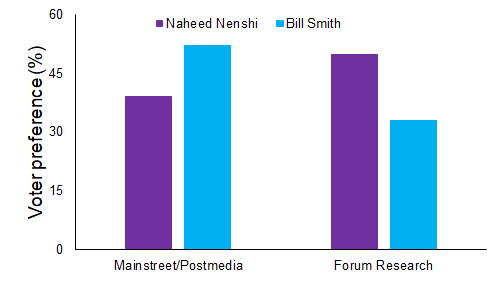
With such divergent polls, the election results will be most anticipated. Differences in methodology may certainly account for some discrepancy between polls, but the two predictions are separated by a large margin.
Looking back at the two firms in their predictions leading up to the last federal election shows similar, though not as extreme divergence.
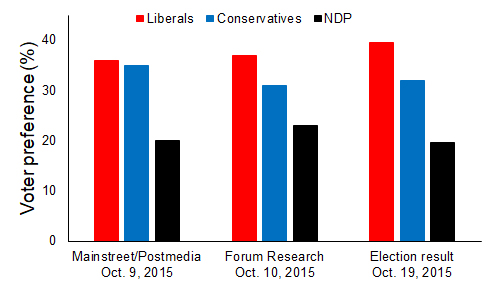
Which way the vote ultimately goes is unclear, but there will be a lot of forensics to sort through for both teams.
Watch Live: Protesters Interrupt Start Of Graham-Cassidy Health Care Hearing : NPR
The Senate Finance Committee is holding a hearing on Monday on Republicans’ last-ditch effort to repeal the Affordable Care Act. Supporters of the bill cannot afford to lose any more GOP votes.
Source: Watch Live: Protesters Interrupt Start Of Graham-Cassidy Health Care Hearing : NPR
Why Charlottesville? – The Atlantic
The university town was once named “the happiest city in America.” More and more, though, it’s the setting for hatred.
Apple and Google CEOs slam Trump’s transgender military ban
Some of the world’s largest tech firms are clashing again with the Trump administration. This time it’s over a decision to ban transgender people from serving in the U.S. military.
Source: Apple and Google CEOs slam Trump’s transgender military ban
Fox News Poll: 74 percent want GOP to reach out to Democrats on health care | Fox News
A Fox News Poll taken Sunday through Tuesday finds support continues to fall for the GOP plans being offered to replace President Obama’s signature health care law.
Source: Fox News Poll: 74 percent want GOP to reach out to Democrats on health care | Fox News



